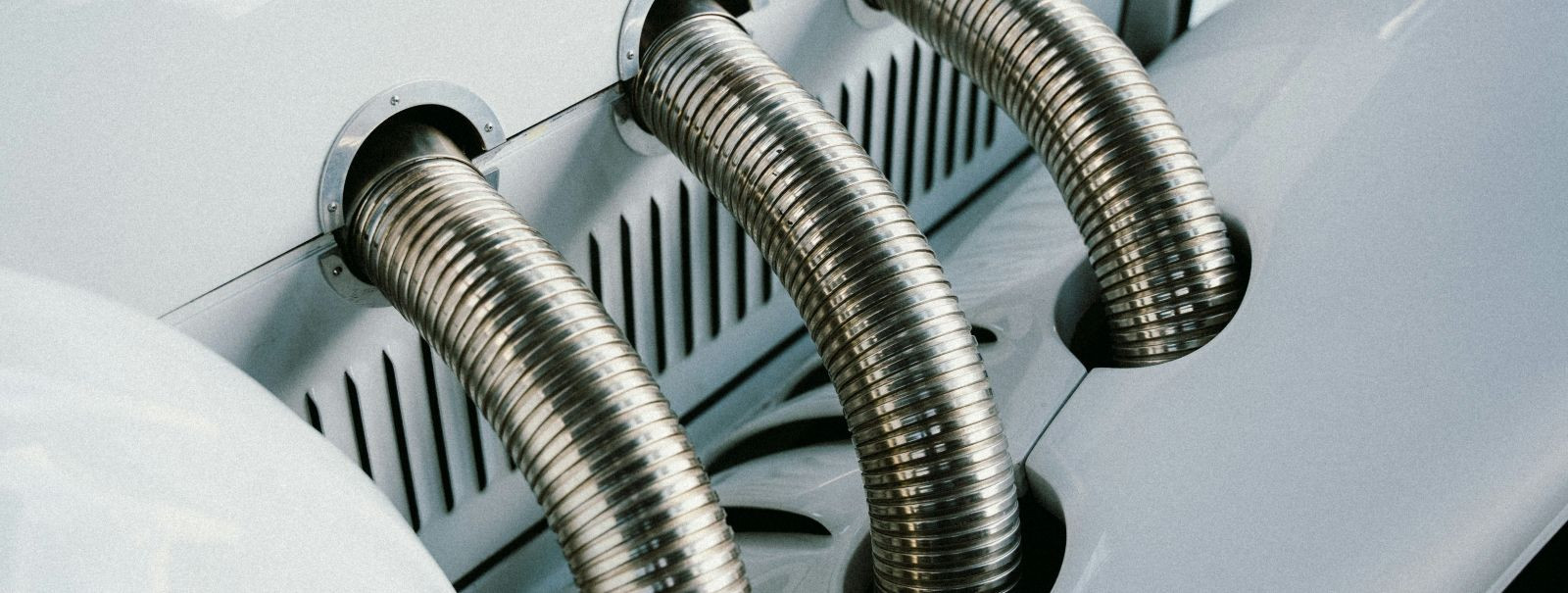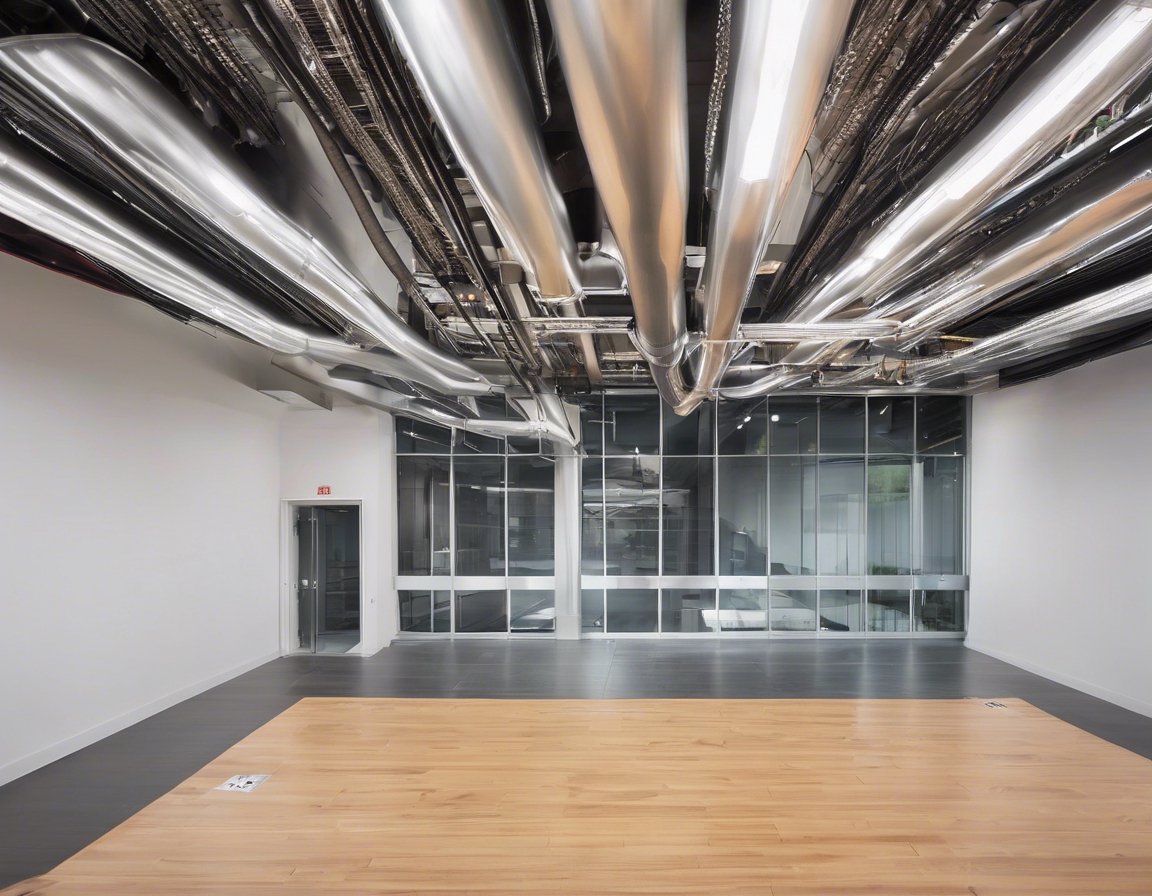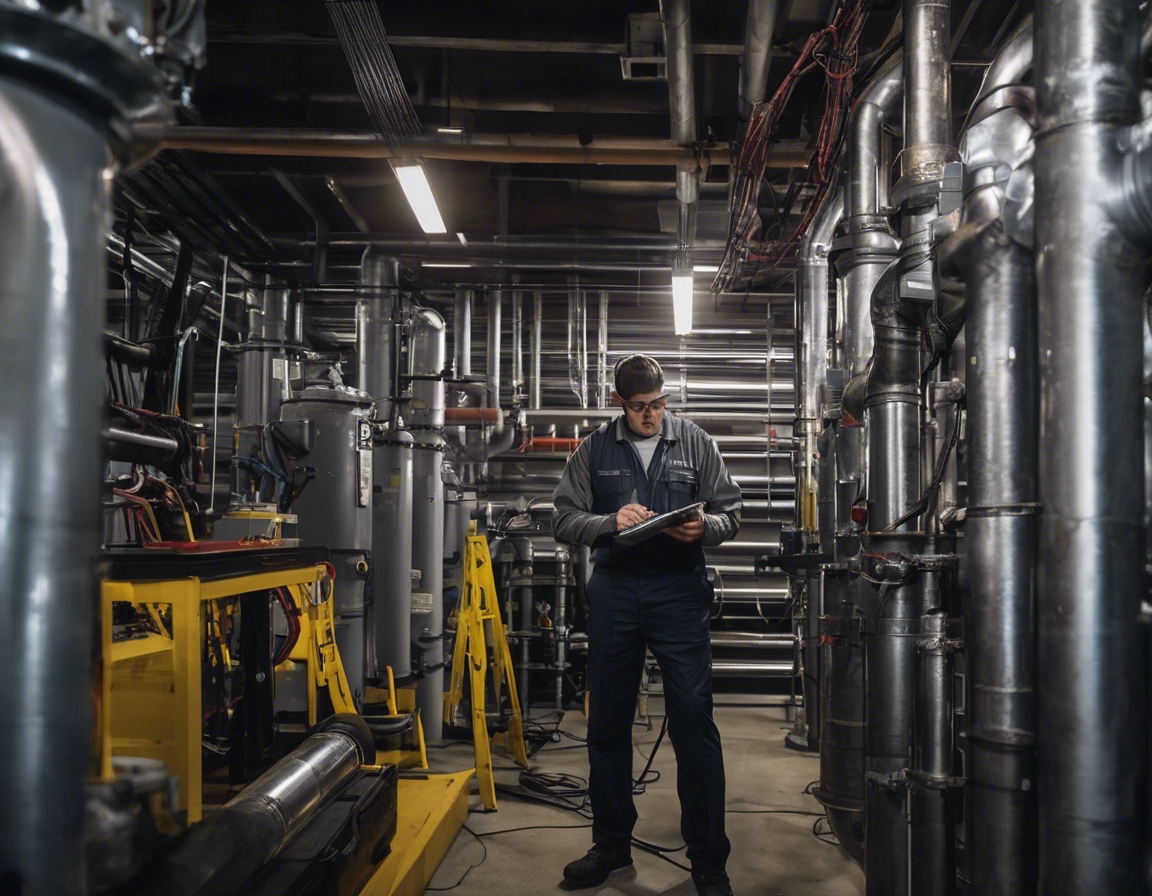The importance of regular ventilation maintenance
Ventilation systems are integral to maintaining a healthy and comfortable environment in both residential and commercial properties. These systems are responsible for the circulation of fresh air, removal of pollutants, and regulation of indoor temperature and humidity levels. As such, they play a critical role in ensuring the well-being of occupants and the efficiency of building operations.
Why Regular Maintenance is Crucial
One of the primary functions of a ventilation system is to maintain indoor air quality. Over time, dust, allergens, and other pollutants can accumulate within the system, leading to poor air circulation and potential health risks. Regular maintenance ensures that these contaminants are effectively removed, providing a cleaner and healthier indoor environment.
Well-maintained ventilation systems operate more efficiently, consuming less energy and reducing utility costs. Regular maintenance tasks, such as cleaning and filter replacement, help to prevent blockages and ensure that the system runs smoothly, thereby enhancing its energy efficiency.
Regular maintenance can significantly extend the lifespan of a ventilation system. By addressing minor issues before they escalate into major problems, property owners can avoid costly repairs or premature system replacements. This proactive approach not only saves money but also ensures the continuous operation of the system.
Key Components of Ventilation Maintenance
Routine inspections are essential to identify any potential issues within the ventilation system. During these inspections, technicians will clean various components, such as ducts and vents, to remove any accumulated debris. This process helps to maintain optimal airflow and prevent system malfunctions.
Filters play a crucial role in trapping dust and other particles, preventing them from circulating throughout the building. Over time, these filters can become clogged, reducing their effectiveness. Regular replacement of filters is necessary to ensure that the system continues to function efficiently and maintain good air quality.
Calibration involves adjusting the system to ensure it operates at peak performance. This includes checking and adjusting settings, such as airflow rates and temperature controls, to match the specific needs of the building. Proper calibration can improve system efficiency and comfort levels for occupants.
Common Issues Due to Neglect
Neglecting regular maintenance can lead to poor air circulation, resulting in stuffy and uncomfortable indoor environments. This can be particularly problematic in commercial settings, where a lack of fresh air can affect employee productivity and customer satisfaction.
When ventilation systems are not properly maintained, they often have to work harder to achieve the desired results, leading to increased energy consumption and higher utility bills. Regular maintenance helps to keep systems running efficiently, reducing energy costs over time.
Accumulation of dust, mold, and other pollutants in neglected ventilation systems can pose significant health risks to occupants. These contaminants can trigger allergies, respiratory issues, and other health problems, underscoring the importance of regular maintenance to ensure a safe indoor environment.
Benefits of Professional Maintenance Services
Professional maintenance services offer the expertise and experience needed to effectively manage ventilation systems. Trained technicians can quickly identify and address potential issues, ensuring that the system operates efficiently and safely.
While some property owners may attempt to handle maintenance tasks themselves, professional services often prove to be more cost-effective in the long run. By preventing major issues and extending the lifespan of the system, professional maintenance can lead to significant cost savings.
Professional maintenance services ensure that ventilation systems comply with relevant regulations and standards. This is particularly important for commercial properties, where non-compliance can result in fines and other penalties. Regular maintenance helps to ensure that systems meet all necessary requirements, providing peace of mind for property owners.






Comments (0)